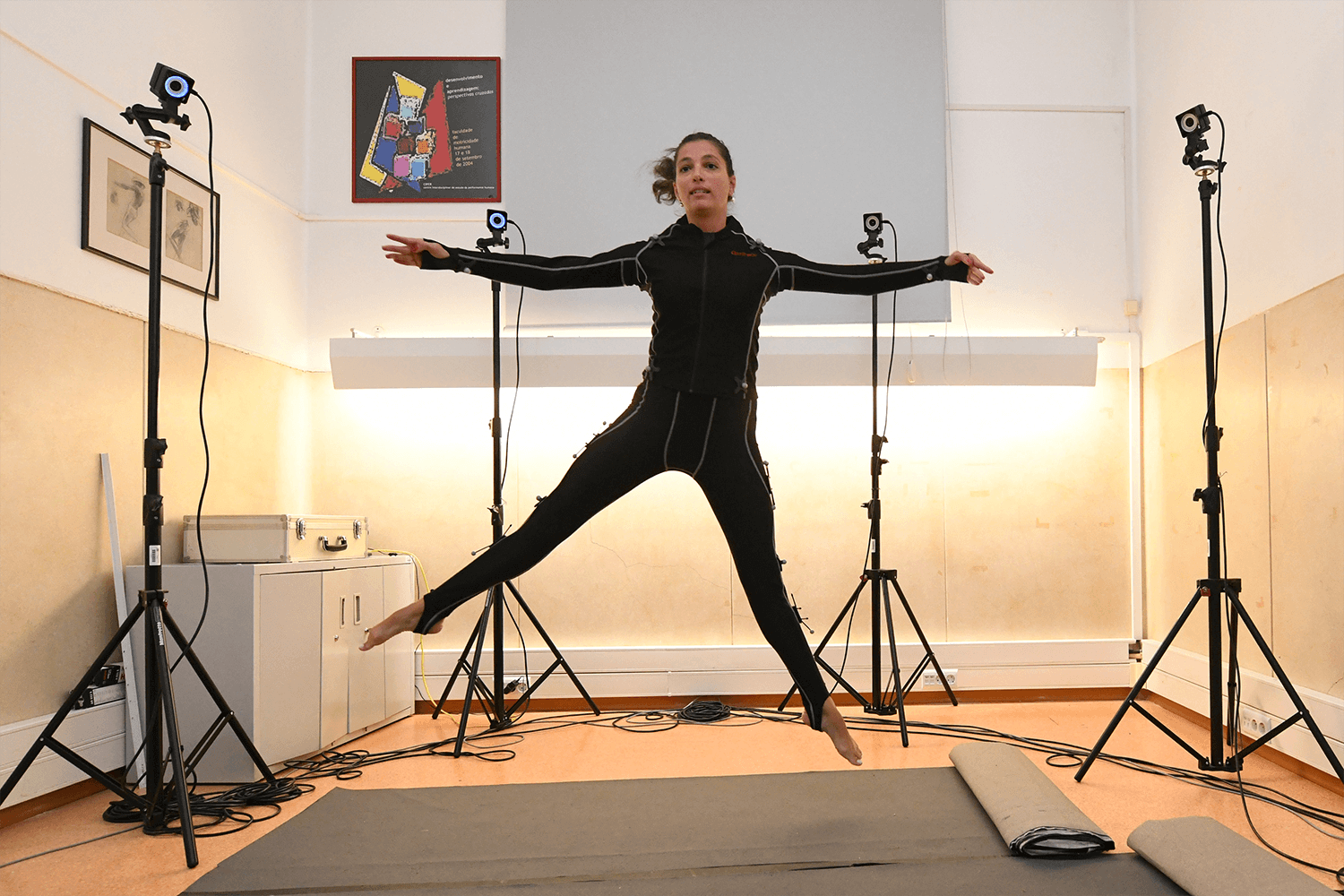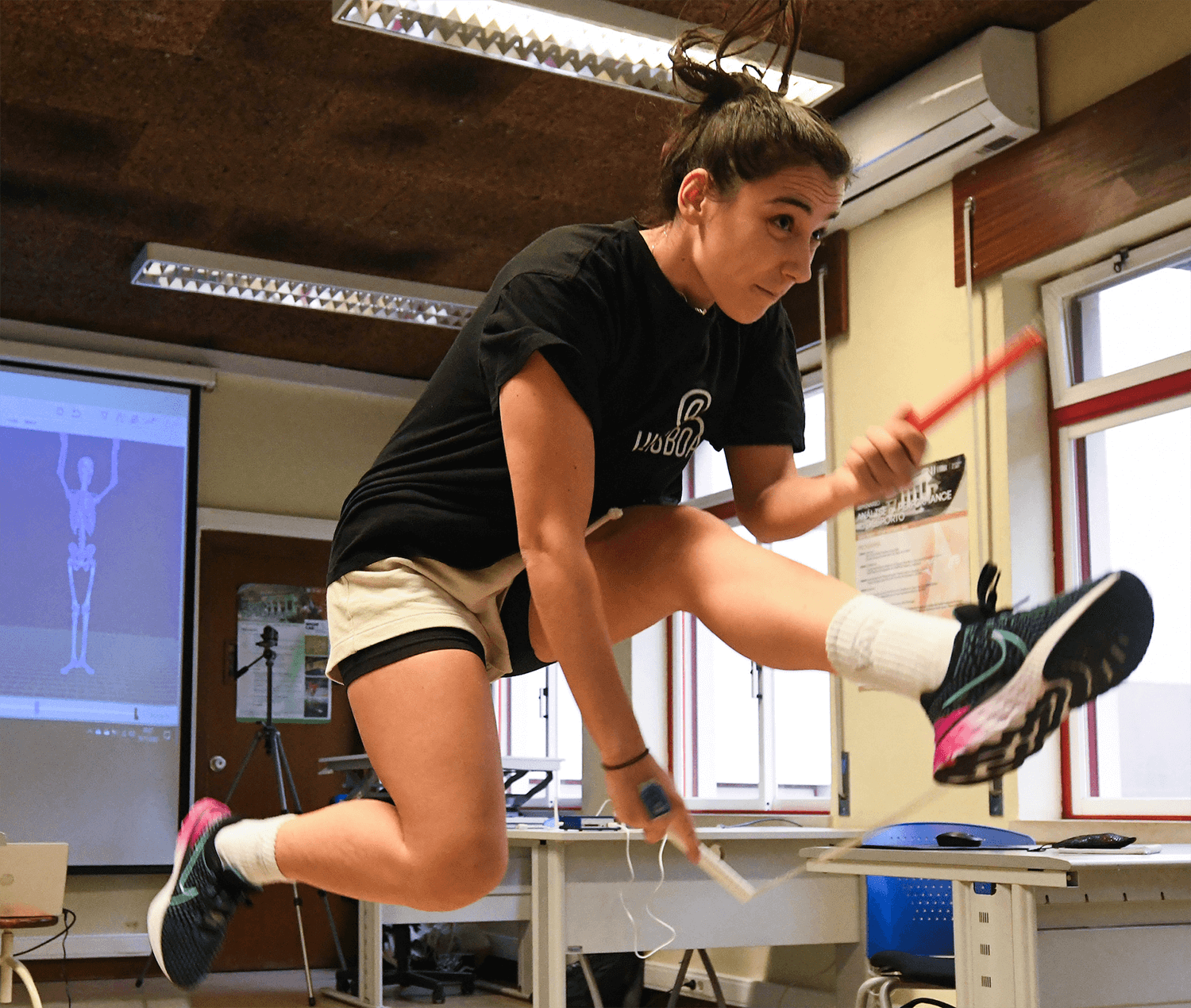The group pursue two research lines:
- Focuses on developing performance indicators for individual and collective performance in sport competition contexts namely: Novel wearable technology will be developed to collect and analyze athletes' performance data; A real-time location system is proposed, using multilateration techniques with wireless measures; An artificial intelligence multi-sensor fusion algorithm is aimed, which provides fault-tolerant information about athletes' states; Local improvements to the positioning system are to be made using inertial measurement sensors in players' wearables to enhance position estimation and orientation; A machine learning model is to be developed for online analysis and prediction during competitions, integrating motion data with contextual variables.
- Aims to explain long-term movement skill development and high-level performance resulting from the interplay between individual and environmental characteristics: Intervention methods to test the effects of different learning designs on manipulative, locomotor, and postural actions; Life-span paths of perceptual-motor development are to be described, including studies on babies, children, and the elderly; Context-specific movement practices, such as in sports, are to be described along with their biological, psychological, and social covariates to elucidate the path to expert performances.
This interdisciplinary project involves contributions from sport sciences, mathematics, data sciences, and end users like coaches and pedagogues, facilitating the design of effective training practices to enhance functioning. These two research lines contribute to CIPER's overarching goal of advancing knowledge in human kinetics, particularly in skill acquisition and performance enhancement across various contexts.
SKILL LEARNING STRATEGIC PROJECT (SLSP): While current approaches have sought to understand performance in complex sports, by benefiting from the massive use of technology and data-driven metrics, SLSP may be seen as a program of work to avoid mere ‘datafication’ in sport, by integrating information, technology, and theory.
General overview of SLSP:
a) real-time contextual data acquisition;
b) data sent to internet server to benefit from cloud computing;
c) data cleaning and filtering techniques administered to pre-process and compute biosignals and an athlete’s position and orientation in the field;
d) pre-processed data feed multiple state-of-the-art performance methods;
e) methods iteratively feed a macroscopic probabilistic model, with emphasis on artificial intelligence algorithms.
Keywords: Performance analysis; Expertise and training; Perceptual-motor development; Embodied cognition







